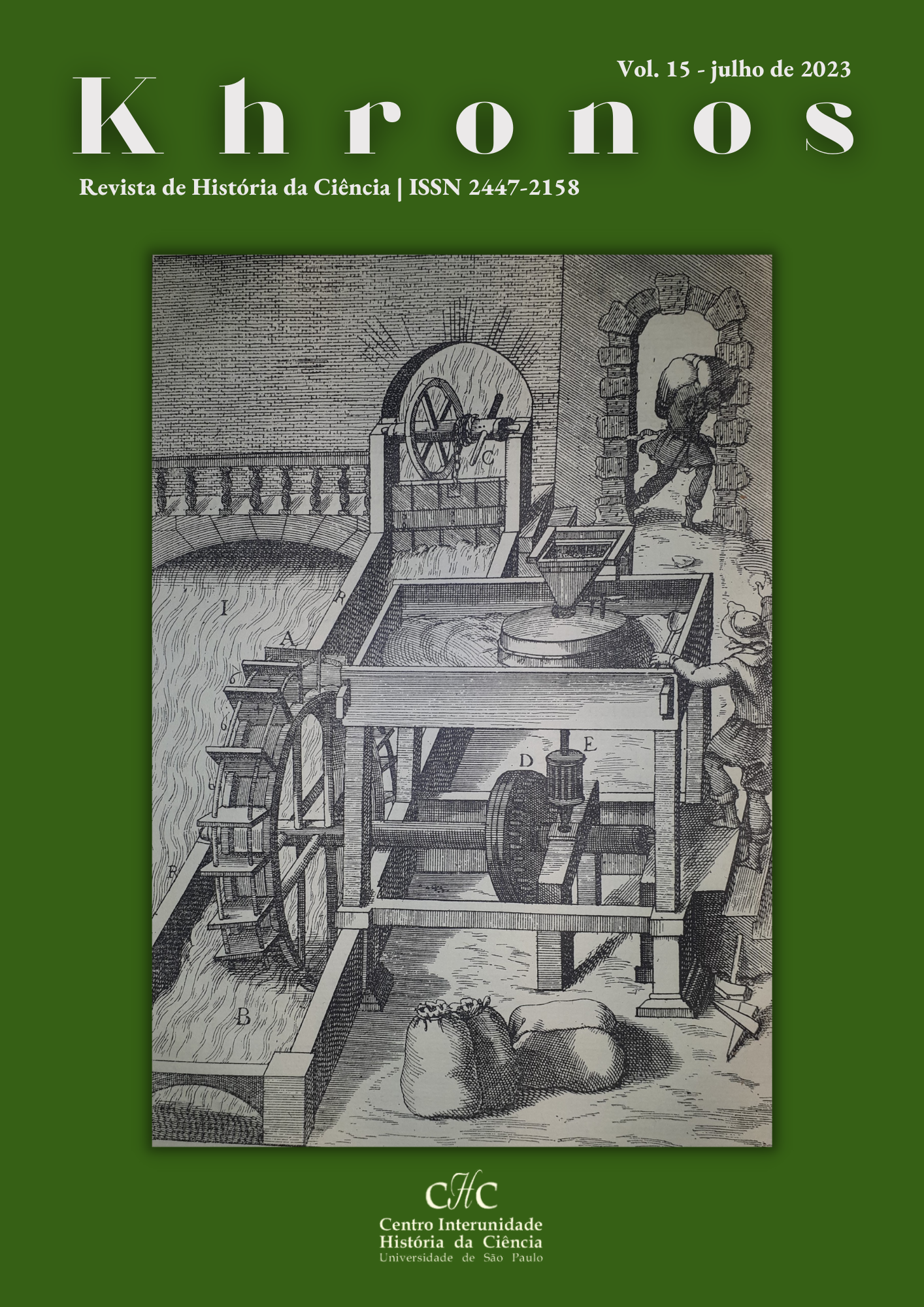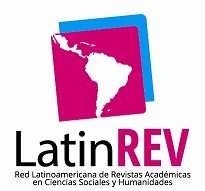Revisiting Chikara Sasaki's "Introduction to Science Teory"
DOI:
https://doi.org/10.11606/issn.2447-2158.i15p154-167Keywords:
technological science, modern science, science theory, non-Western scienceAbstract
Review of Chikara Sasaki's book, highlighting its relevance and significance, despite the limited impact of its translation into the Portuguese language. The exposition first emphasizes the diverse concepts and perceptions about the nature of science and technology - such as 'concrete science,' 'classical science,' 'modern science,' 'technological science,' and 'scientific technology.' In this regard, the ideological background of scientific and technological development policies is underscored. Additionally, the conception of 'non-Western science' and its models, such as Japanese mathematics (wasan) and traditional Chinese medicine, are analyzed, illustrating aspects of the history of science in Japan. Finally, the dilemmas of modern science at the end of the 20th century are discussed, with an emphasis on ecological, human, and social aspects.
Downloads
References
SASAKI, Chikara. Introdução à Teoria da Ciência. Tradução Takeomi Tsuno. 1ª ed. São Paulo: Edusp, 2010. 232 p.
Downloads
Published
Issue
Section
License
Copyright (c) 2023 Guilherme Babo Sedlacek

This work is licensed under a Creative Commons Attribution-NonCommercial 4.0 International License.
Authors who publish in this journal agree to the following terms:
- Authors retain the copyright and grant the journal the right to first publication, with the work simultaneously licensed under the Creative Commons Attribution License in the "Attribution-NonCommercial 4.0 International" (CC BY-NC 4.0) modality that allows sharing of the work with acknowledgment of authorship and initial publication in this magazine.
- Authors are authorized to assume additional contracts separately, for non-exclusive distribution of the version of the work published in this journal (eg, publishing in institutional repository or as a book chapter), with acknowledgment of authorship and initial publication in this journal.
- Authors are allowed and encouraged to publish and distribute their work online (eg in institutional repositories or on their personal page) at any point before or during the editorial process, as this can generate productive changes, as well as increase impact and citation of the published work (See The Effect of Open Access).
- Any doubts or complaints about copyright must be directed to the Editorial Board or qualify and express themselves in accordance with the guidelines of the Committee on Publications Ethics (COPE).





